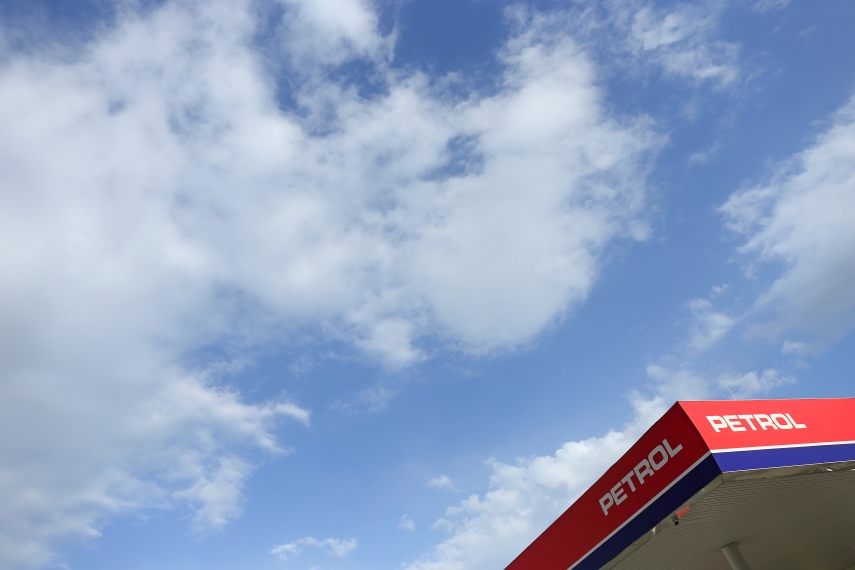Air
One of Petrol's key orientations is the continuous reduction of harmful substance emissions. That is why we are constantly modernising our equipment and installing systems in accordance with the best available technology guidelines.

Our concern for air quality is also focused on reducing emissions
of volatile hydrocarbons into the air. Their formation is due to evaporation of volatile
components in fuel flow and storage, with a focus on gasoline. The process of reducing volatile hydrocarbon emissions is carried out on all key elements of the petroleum product distribution chain: storage, transport and sale.
Our liquid fuel depots are compliant with the legal requirements, they are equipped with a closed system for the transfer of fuel into above-ground tanks and for the filling of tank trucks and railway tanks. The refurbished and newly constructed tanks are equipped with internal floating membranes, additional sealing between the membrane and the tank wall, and fixed freestanding aluminium roofs. This effectively reduces emissions into the air. Warehouses involving the manipulation of gasoline are additionally equipped with VRU - Vapour Recovery Unit, for liquefaction of gasoline vapour, the walls of the tanks are coloured with a white reflective colour that prevents the fuel tank casing from heating up and thus reduces emissions.
At all Petrol service stations closed gasoline flow systems are installed. When transferring fuel from tanker vehicles to underground storage tanks, we ensure the first stage of vapour collection in accordance with the regulations at all service stations. The second stage of vapour collection refers to the closed system of gasoline flowing into the tanks of vehicles. In accordance with the regulations, at the second stage, the requirements for vapour collection are related to the quantities of gasoline poured at each service station. By the end of
In 2018, all service stations where the volume of gasoline poured reaches an annual threshold of 3,000 m3 were equipped with the second stage of vapour collection. In addition, the second stage is also featured at Petrol stations with lower levels of gasoline flow, which together accounts for more than 50 percent of all Petrol sales points.
With Natural Gas to Better Air Quality
Petrol's concern for air quality is linked to efforts to reduce particulate matter emissions into the atmosphere, which are primarily the result of individual combustion. By building gas pipelines, Petrol provides end users with access to natural gas. Gas heating systems are one of the cleanest types of heating. The abandonment of fuel oil fireboxes and inadequate individual wood biomass fireboxes will improve air quality. This is especially important in urban centres, where the density of combustion is higher than in the peripheral areas.
